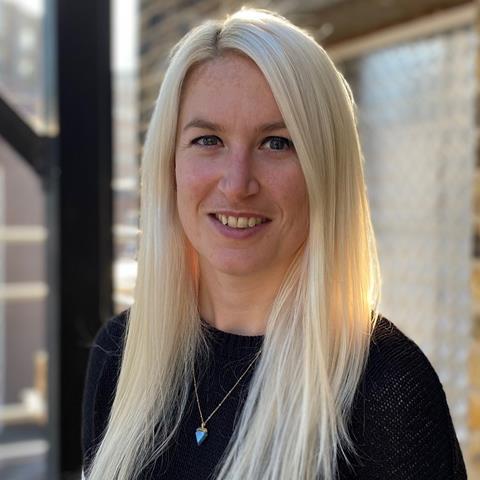We should be more open about sharing the lessons when we get things wrong, writes Anna Beckett

If you’re interested in stories of unusual places from around the world then I would recommend the podcast Atlas Obscura. But the episode I listened to this week caught my attention for a more unusual reason. The episode was about fairy circles in the Namib desert and a researcher who thought they might be caused by termites.
After some reasonably extensive research and testing he didn’t manage to prove what caused them, but he did prove that they had nothing whatsoever to do with termites. Despite this, he still published his findings because he felt it was just as important to share failures as successes and to make sure that no one else wasted their time testing the same hypothesis.
It’s an idea that rings true across so much of what we do in the construction industry. We are so keen to tell the world about our triumphs and demonstrate that we can do something, that we keep quiet about our failures. But the successes aren’t the things we learn from - the failures are what push us forward and help us to understand something new.
For every beautiful, finished building we put on the front pages of our websites, there are hundreds of tiny failures hiding in the wings. Of course, no one wants to admit that they got it wrong – we risk both reputational damage and liability issues – but we need to find ways to share our mistakes in an open and constructive way.
In our everyday designs we don’t do quite so well
When it comes to building safety it’s clear that sharing mistakes is vital and structural engineers have a great forum for this. Collaborative Reporting for Safer Structures UK (CROSS-UK) allows anyone to submit anonymous reports about issues they have faced, no matter how serious, which are then shared in a regular newsletter in the hope that others can learn from these mistakes.
In our everyday designs we don’t do quite so well, but there are lots of sub-contractors and industry organisations willing to share good practice details. Window manufacturers are generally willing to help you simplify your details to suit their systems and timber specialists have whole catalogues of standard details to help you on your way to good design. They’re often also keen to tell you why your detail doesn’t work, normally from their own bad experiences.
But when it comes to reducing embodied carbon, the situation is slightly different. Low carbon design might be good practice, but it’s rarely linked to safety and so maybe we don’t see sharing our mistakes as quite so important. We use our successes (in particular those related to sustainability) as marketing tools to demonstrate how well we’re doing, but if we want to encourage progress then sharing our failures is arguably more important.
It’s easy to design a timber structure and expect that your design will be low carbon, while ignoring the additional finishes you’ve added to deal with acoustics or increase the specification of your windows without considering the energy required to make them. But if you knew that someone had already tried both options then maybe you could learn from that.
We need to share the carbon numbers from the projects that didn’t turn out quite as well as we’d hoped
I recently read a great summary from an architect who had paid to have a whole life carbon assessment done on one of their own projects so that they could understand whether it had achieved what they expected. It hadn’t, but examining the data and sharing the learning from that exercise is so valuable.
We need to share the carbon numbers from the projects that didn’t turn out quite as well as we’d hoped so that we can understand why we didn’t achieve what we expected and, more importantly, to help others avoid the same pitfalls.
With the ever-increasing use of social media it’s easy to only put the very best of yourself on display – it’s rare to see stories of things that didn’t work out on LinkedIn – but we need to get a little more of comfortable being open about the times we didn’t get the result we wanted. It’s only by being critical of our own work and sharing that knowledge that we can move forward together.
There is a quote, often attributed to Einstein, that explains the definition of madness as doing the same thing over and over again and expecting different results. If as an industry we’re all doing the same thing without telling each other and hoping we don’t make the same mistakes, isn’t that equally as mad?
Postscript
Anna Beckett is an associate at Buro Happold
















No comments yet